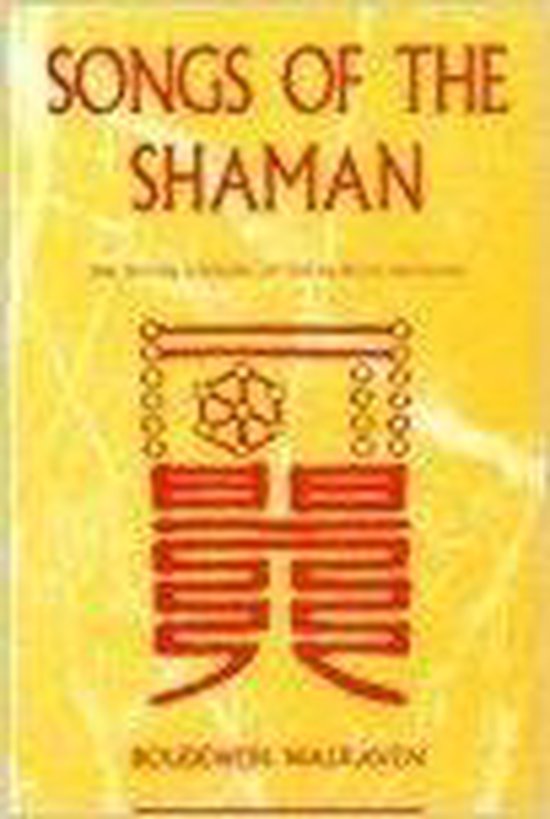
Songs Of The Shaman
Shamanism, commonly regarded as the oldest religion of Korea, is still a force in the modern industrial society of today. Korean shamans, performing their rituals, sing and dance for the gods they worship as, presumably, they have done for centuries. Some of the songs - the muga - are simple invocations and prayers, while others explain the origins of the various gods. These narrative muga are often quite long and may take hours to sing in their entirety.
In this study, after a brief general introduction to Korean shamanism, the ritual uses, the transmission and the style and contents of the songs are examined, so that their place among the other genres of traditional literature may be determined. The muga, as recorded in the twentieth century, turn out to have close links with the vernacular literature such as poems, songs and tales, that flourished in the eighteenth and nineteenth centuries. An awareness of this relationship is essential for a proper understanding of the songs and their importance to the study of Korean shamanism.
The book includes translations of several of the shorter songs and of two longer narrative muga, one of which describes important episodes in the life of the Korean shaman. This is the first book in the English language devoted to the study of Korean shaman songs, and is essential reading for those with an interest in Korean shamanism, literature and cultural history, also contributing to the study of shamanism and oral literature in general.
In this study, after a brief general introduction to Korean shamanism, the ritual uses, the transmission and the style and contents of the songs are examined, so that their place among the other genres of traditional literature may be determined. The muga, as recorded in the twentieth century, turn out to have close links with the vernacular literature such as poems, songs and tales, that flourished in the eighteenth and nineteenth centuries. An awareness of this relationship is essential for a proper understanding of the songs and their importance to the study of Korean shamanism.
The book includes translations of several of the shorter songs and of two longer narrative muga, one of which describes important episodes in the life of the Korean shaman. This is the first book in the English language devoted to the study of Korean shaman songs, and is essential reading for those with an interest in Korean shamanism, literature and cultural history, also contributing to the study of shamanism and oral literature in general.
| Auteur | | B. C. A. Walraven |
| Taal | | Engels |
| Type | | Hardcover |
| Categorie | | Mens & Maatschappij |